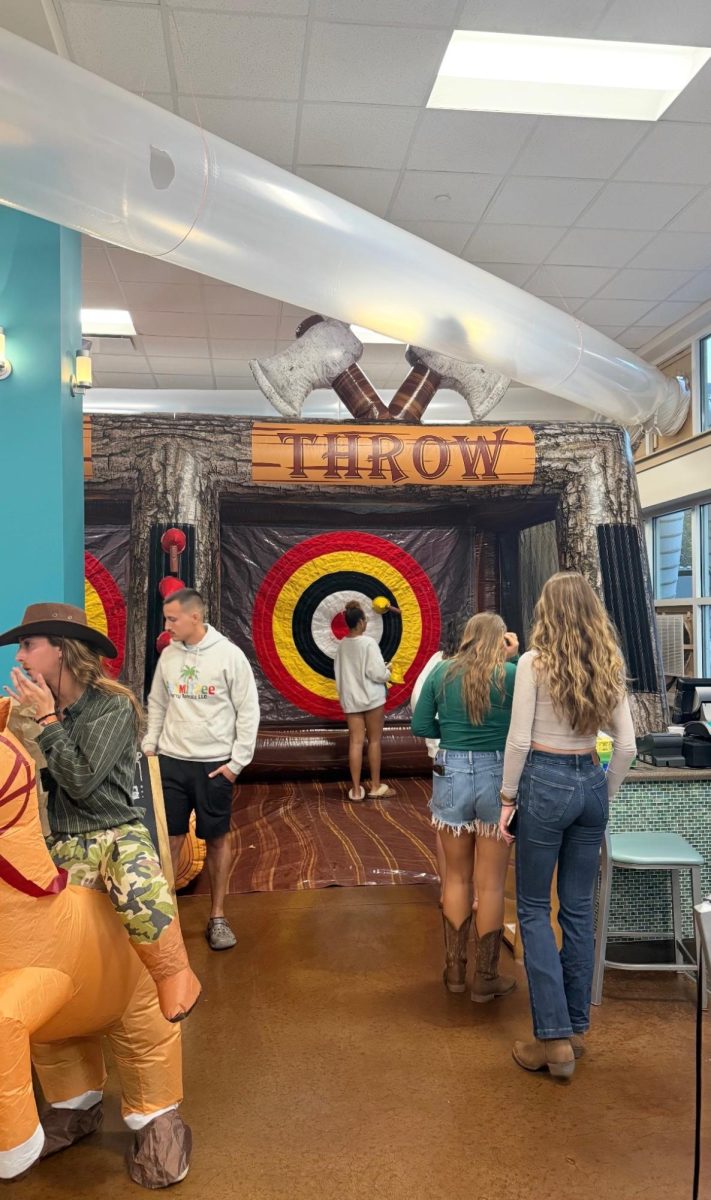Symptoms include but are not limited to: contemplating if the last four years were worth it, staring at your dorm ceiling for an unhealthy amount of time and procrastinating homework as if it’s going to do itself.
Oxford Languages recognizes the term “senioritis” as “a supposed affliction of students in their final year of high school or college, characterized by a decline in motivation or performance.”
Despite the contrary, senioritis should not be interchangeable with the term, “burn-out,” which is very common in college students.
However, senioritis only affects high school and college seniors because the last year in a typical four-year degree path means you’re months away from entering the “real world.”
In a sense, college is somewhat of a safety net for students– we are told that we have time to figure out the future, however that four-year clock starts ticking the second you step foot on campus.
For me, it’s exciting that I don’t know what will come next; this also terrifies me due to the unknown.
The first two to three years of a college degree is focused on balancing schoolwork, independence and socializing. There is a lot to learn outside of the classroom during those primitive years.
Thus creates the constant, internal battle of not doing enough and doing too much.
Am I spending too much time in my dorm? Have I been so focused on my GPA that I haven’t seen my friends? Do I go out enough? Should I appreciate campus more, or get an extra hour of sleep? Will I regret my college experience?
As a first-generation college student, I am looking forward to walking across the stage to receive the bachelor’s degree I’ve worked so hard for. On the other hand, as a communication major, I was constantly belittled for how “easy” my college experience was.
Imposter syndrome, sometimes referred to as “impostorism,” is defined as “the persistent inability to believe that one’s success is deserved or has been legitimately achieved as a result of one’s own efforts or skills” by Oxford.
Major-based imposter syndrome is incredibly hindering to a student like me. I’m not “lucky” to have chosen communication. The application of knowledge simply looks different across certain majors, it doesn’t mean that one is harder than the other.
It doesn’t matter what your degree is in– you’re not going to have a satisfying future if you’re not passionate about what you do.
I’m a dedicated student, and it’s exhausting to defend myself and my career path.
The idea that the college experience is individual and up to you to make the most of it can be comforting yet anxiety-inducing.
Please reach out to me with any tidbits you would like to share about senioritis at [email protected].



















